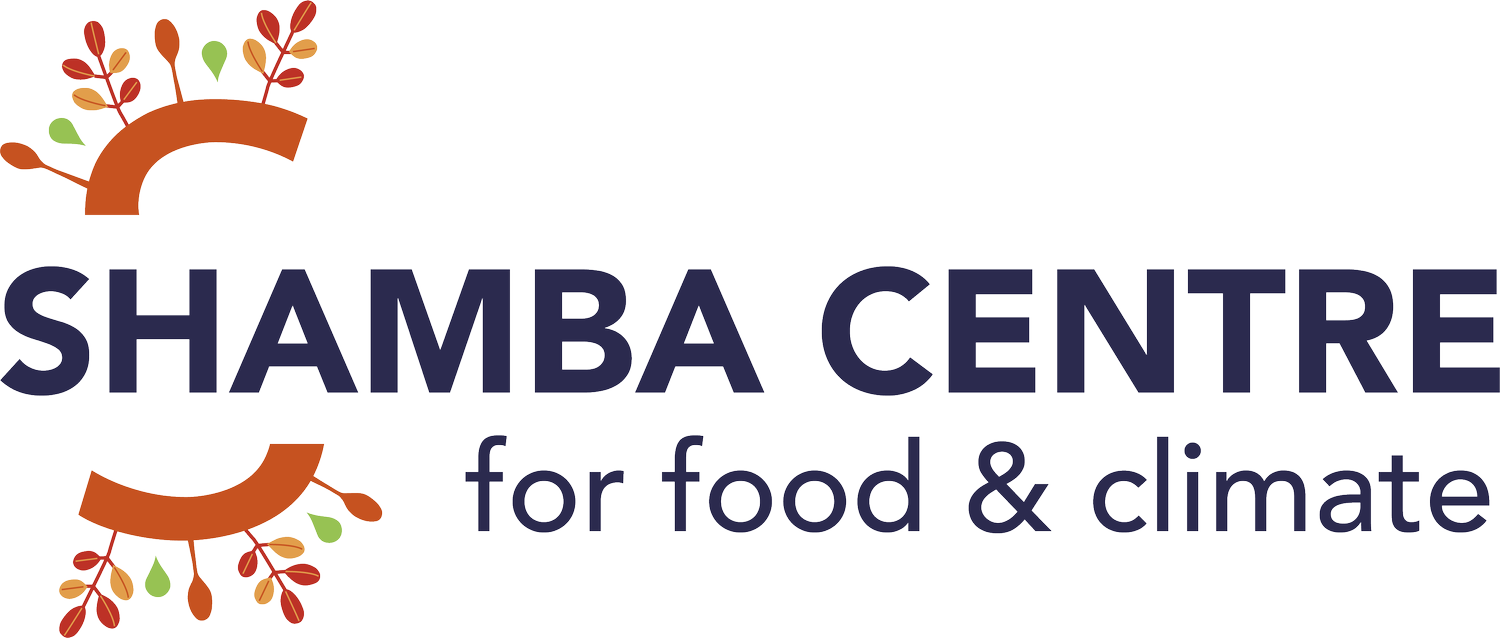Ending hunger is possible - now and forever - but it requires radical departure from the status quo. This is the founding principle of a new organisation, set up by three female policy experts, Carin Smaller, Francine Picard, and Oshani Perera, who between them have deep experience in food security, agricultural policy, sustainable development and finance, law, multi-stakeholder processes, climate policy, and natural capital risk assessment. The mission of the Shamba Centre for Food and Climate, launching today [18 October], is to disrupt global food systems so that small producers and enterprises are empowered, food value chains and business models are more equitable and resilient, greenhouse gas emissions are reduced, nature is restored, and hunger is eradicated once and for all. With around 830m people already hungry worldwide, and soaring energy and food prices predicted to push many more into hunger this year, the need for a new approach is clear.
Drawing on the expertise and experience of the founders who have all lived and worked in Africa, Asia and Europe, the Shamba Centre will provide advice and support to politicians, policymakers, business leaders, thought leaders and philanthropists on how to end hunger sustainably.
Co-founder and executive Director Carin Smaller said: “As the world faces the worst food security crisis in decades, we’re rejecting business as usual and calling for total system disruption. We’ve worked on food and agriculture policy for decades and we know what needs to happen to end hunger once and for all - but not enough is being done. We are tracking the rise of urban and vertical farming, plant-based proteins, and non-farmed meats as longer term solutions. We set up the Shamba Centre to motivate and support those with power to solve the problem of global hunger - in the short and long term.”
Francine Picard: “Women, smallholder farmers, small- and medium enterprises and traders all get exploited and overlooked in a globalised food market dominated by environmentally-destructive agriculture. Nothing short of a revolution is necessary to give us a food and agriculture system that works for people and planet. We envisage a radically altered approach to food production and trade, which empowers the disempowered, provides enough nutritious food for all, and doesn’t destroy nature.”
Oshani Perera: “We will take a systems approach, advocating solutions to interconnected and complex problems. By presenting the business case to influential stakeholders, and collaborating with them on implementation, we hope to trigger widespread change. Solutions are context-specific and design is key. They range from yield, soil and climate smart agroforestry, to ‘payments’ for stewardship of ecosystem services, to last mile technologies for food processing and storage. We are also focusing on blended, innovative financing from credits and concessional debt to funds and insurance.”
Among the projects the Shamba Centre will lead or be involved with in its first year are the Zero Hunger Coalition and the Zero Hunger Private Sector Pledge, which are related initiatives designed to get governments and business to act on the recommendations of the groundbreaking Ceres2030 research project, published in 2021.
In addition, the Centre will provide advice and expert moderation to the Global Alliance on Food Security, co-chaired by the German Ministry for Economic Cooperation and Development and the World Bank; advise the Sri Lankan government on debt-for-nature swaps; and work with Government officials from Ethiopia, Nigeria and Malawi and the International Food Policy Research Institute (IFPRI) to implement country roadmaps for sustainable food system transformation.
The Shamba Centre’s headquarters are in Geneva, but the team works globally and remotely from Australia, Taiwan, the UK and France. Carin, Oshani and Francine are available for interview and briefings. To find out more, including how you can collaborate with the Centre, visit: www.shambacentre.org.
Contact: Carin Smaller, Executive Director, carin@shambacentre.org, +41 789110896
